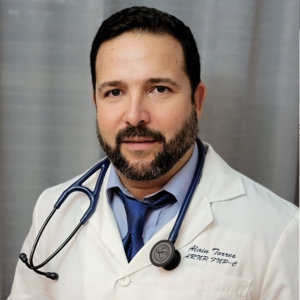Boynton Primary Care’s internal medicine physicians specialize in treating various individuals. Like family doctors, they are experts in many acute and chronic conditions. They have received training in many different fields, including endocrinology, geriatrics, neurology, orthopedics, rheumatology, and rehabilitation. Our Primary care doctors are trained to diagnose, prevent, and administer treatment to a wide range of health conditions and injuries in the general population. Our physicians can provide comprehensive care that ranges from the simple to the complicated; they address chronic, complex conditions, like diabetes, and the more acute problems, like colds, allergies, and flu.
Primary care physicians check for:
- cholesterol levels
- blood pressure and sugar levels
- risk factors for heart disease and other chronic conditions
- breast, cervical, prostate, and colorectal cancers
- behavioral and developmental disorders
- depression and other mental disorders
- signs of domestic violence
- status of immunizations to prevent illness
- sexually transmitted diseases
Acute illness and injury care
If you’re sick or are showing symptoms of any sickness, your primary care physician can do the following:
- assess your need to see a specialist
- diagnose your condition through lab tests and interviews
- prescribe appropriate medications and other alternative treatment methods
- monitor your medicine interactions
- manage fever, flu, and dehydration
- perform preliminary tests to check for physical health issues, like broken bones
- conduct an EKG (electrocardiogram) to assess your heart
- facilitate spirometry tests to determine your lung function
- administer treatment for acute conditions like migraine attacks,asthma attacks, or urinary tract infections
- manage wound care
- splint, cast, or brace injured limbs
- treat minor skin infections, bites, rashes,muscle strains, or sprains
- refer you to mental health specialists and other resources within your community
Chronic conditions
If you are suffering from a chronic health condition, your primary care physician can do the following:
- help you create a comprehensive plan, which includes yourexercise,diet, and self-care
- perform necessary primary and follow-up lab tests
- prescribe medications for your condition and adjust them accordingly
- monitor drug interactions especially with multiple medication plans
- coordinate care and treatment with other specialists
- connect you with resources related to your condition




